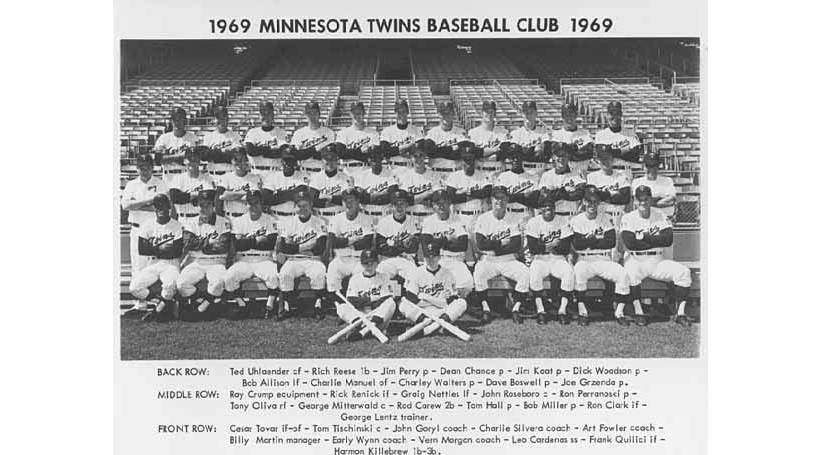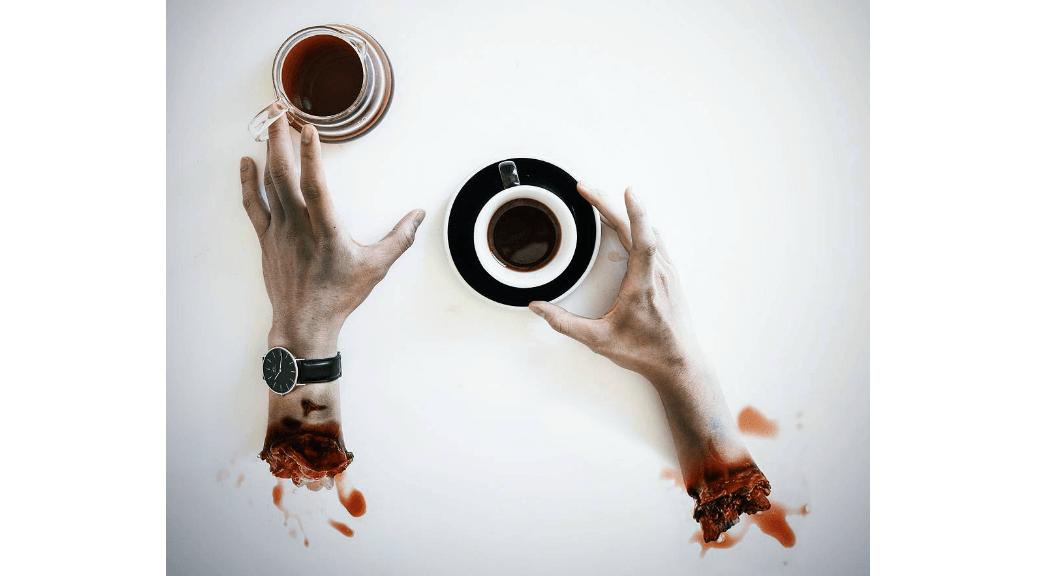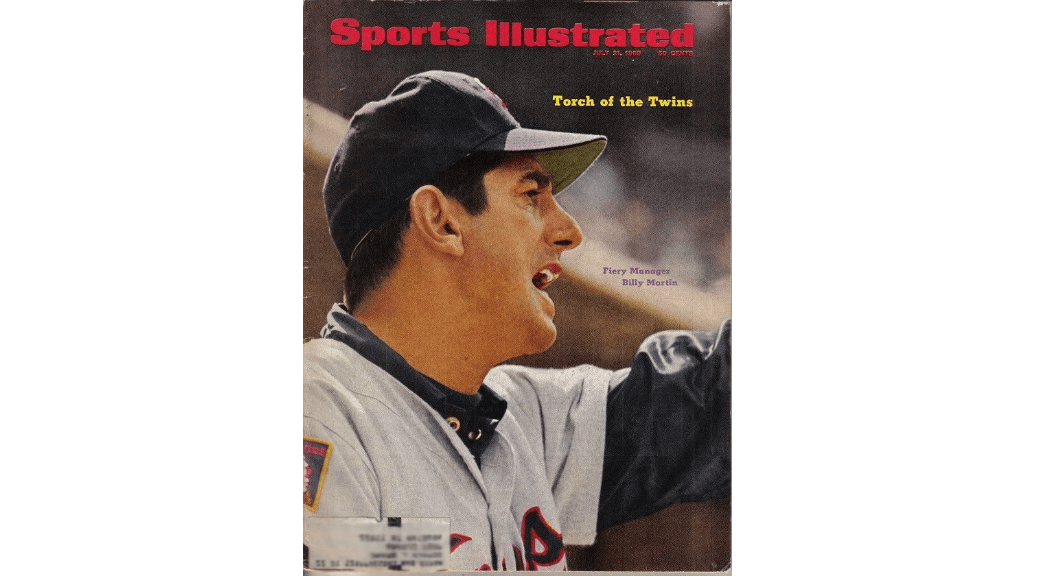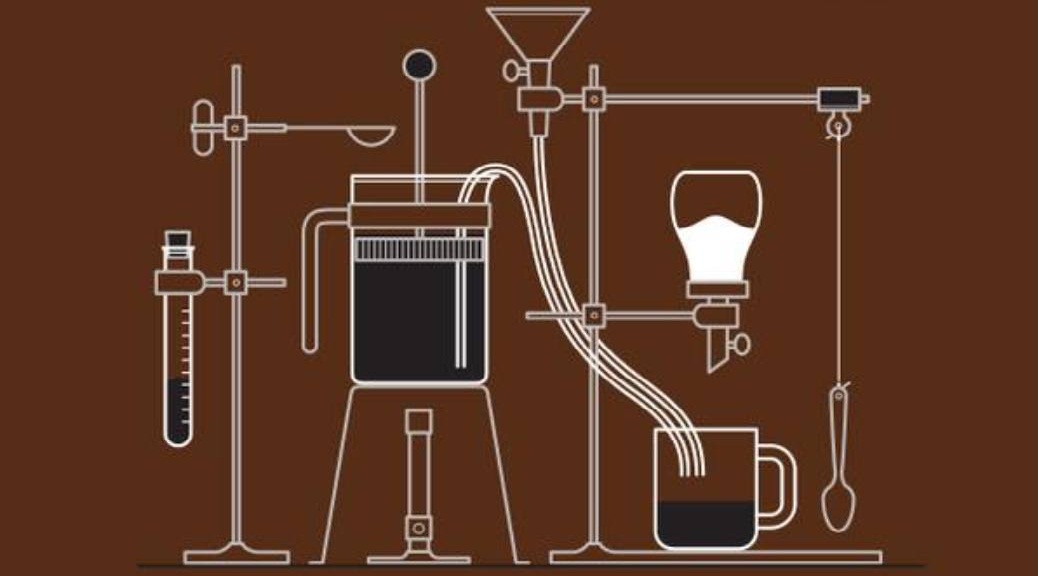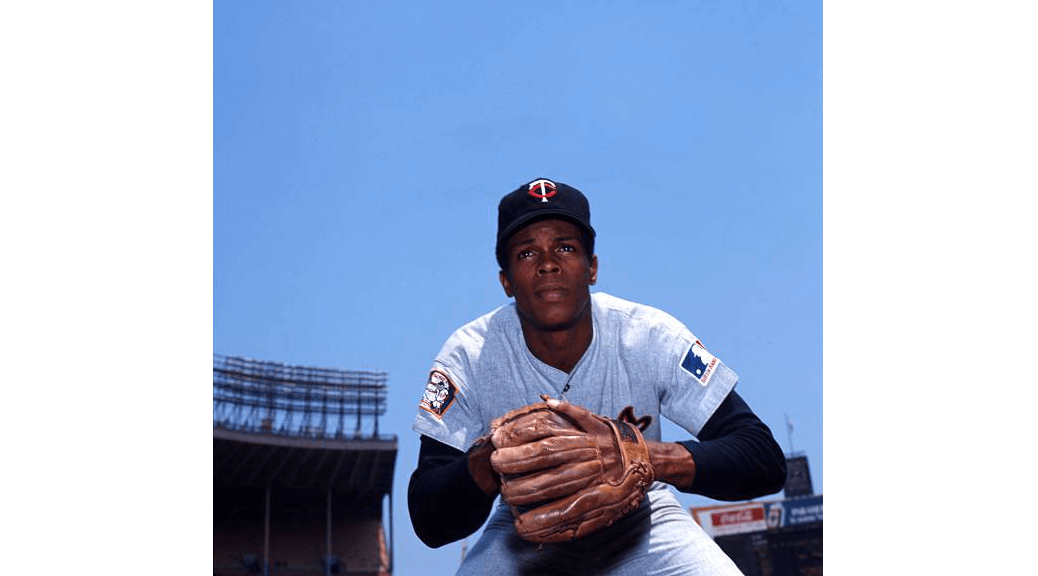BALTIMORE 5, MINNESOTA 0 IN MINNESOTA
Date: Thursday, May 15.
Batting star: Cesar Tovar was 1-for-4. This was the Twins' only hit.
Pitching star: He barely qualifies, but Jim Kaat pitched six innings, giving up three runs on eight hits and a walk and striking out three.
Opposition stars: Dave McNally pitched a complete game shutout, giving up one hit and two walks and striking out six. Andy Etchebarren was 2-for-3 with a triple and a walk, driving in two. Boog Powell was 2-for-3 with a walk and two RBIs. Merv Rettenmund was 2-for-5 with a stolen base, his second.
The game: With two on and two out in the second, Etchebarren delivered a two-run triple to put the Orioles up 2-0. In the third, Paul Blair was hit by a pitch, stole second, and scored on Powell's single to make it 3-0.
Meanwhile, the Twins could do nothing against McNally. Their first baserunner came in the fifth, when Leo Cardenas drew a two-out walk. In the top of the seventh, Mark Belanger singled, was sacrificed to second, and scored on a Rettenmund single to make the score 4-0.
The Twins got another baserunner in the seventh on another two-out walk, this time by Tony Oliva. He again did not advance past first base. Baltimore scored another run in the eighth when Frank Robinson tripled and scored on Powell's sacrifice fly.
The Twins' lone hit came with one out in the ninth, when Tovar singled. He was erased when Rod Carew hit into a game-ending double play.
WP: McNally (6-0). LP: Kaat (2-2). S: None.
Notes: Tovar was in center field, replacing Ted Uhlaender. Rick Renick was at third base, with Killebrew moving to first and Rich Reese out of the lineup. Tom Tischinski was given the start behind the plate. It was his first major league start, and he got to face McNally in his prime. Billy Martin didn't exactly do him a favor there.
Carew went 0-for-4 and was batting .383. Oliva was 0-for-2 with a walk and was batting .317. Cardenas was 0-for-2 with a walk and was batting .304.
I don't remember Rettenmund as a base stealer, but he stole sixty-eight of them in his career. He would have six in 1969. His career high was fifteen, in 1971. He was 68-for-96, a percentage of .708.
Had things happened differently, Dave McNally could've had a Hall of Fame career. From 1965-1973 (except for 1967, when he was injured), McNally was as good a pitcher as anyone, but he didn't always have the gaudy win totals to show for it. He won twenty or more games for four straight years (1968-1971), going 87-31 over that span. But here are some of his other years: 11-6, 2.85; 13-6, 3.17; 13-17, 2.95; 17-17, 3.21. With better luck and/or run support, he could easily have won twenty games eight times. In 1974 he was still pretty good, going 16-10, 3.58. His WHIP, however, was 1.32, the first time it had been over 1.30 since 1964. The Orioles traded him to Montreal after the 1974 season. He did not do well for the Expos and retired after making just twelve starts in 1975. He was only thirty-two, but he had a chain of successful automobile dealerships and decided it was time to devote himself to them. McNally was, however, a part of a legal action (along with Andy Messersmith) after that season which resulted in an arbitrator ruling that the reserve clause was illegal, opening the way for players to become free agents. For his career, Dave McNally was 184-119, 3.24, 1.21 WHIP in parts of fourteen seasons. He was an all-star three times, was in the top four in Cy Young voting three times, and received MVP votes four times. He passed away on December 1, 2002 in his home town of Billings, Montana.
It's the middle of May, and the Twins have played just thirty games. I have a feeling some doubleheaders are coming up.
Record: The Twins were 19-11 and dropped to second place in the American League West, a half game behind Oakland.

